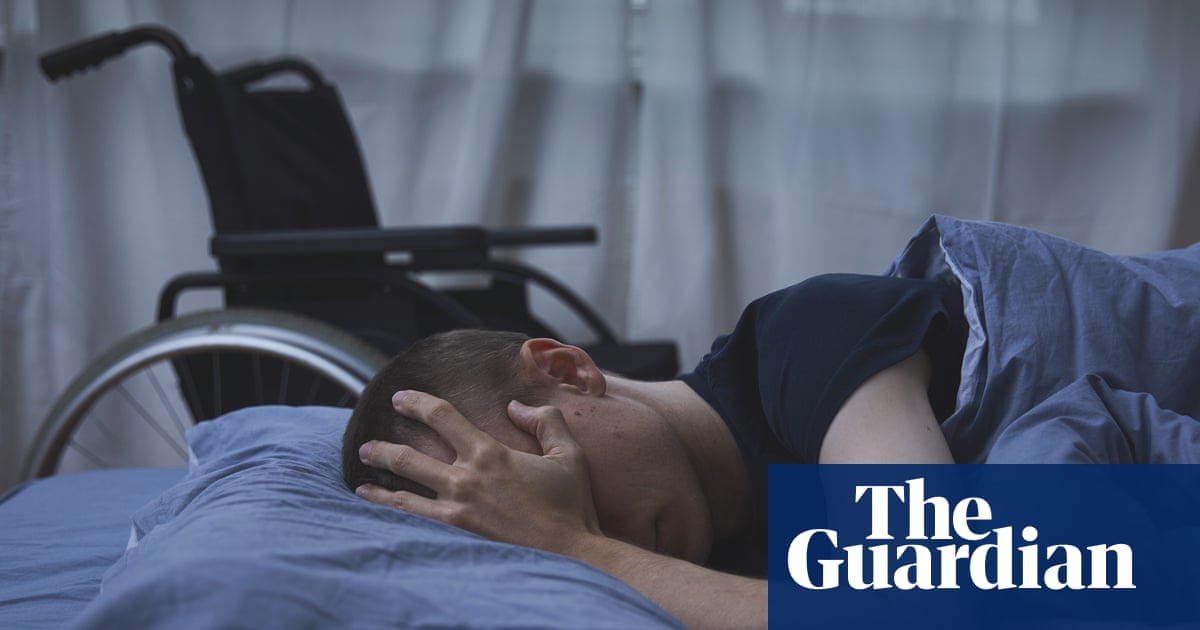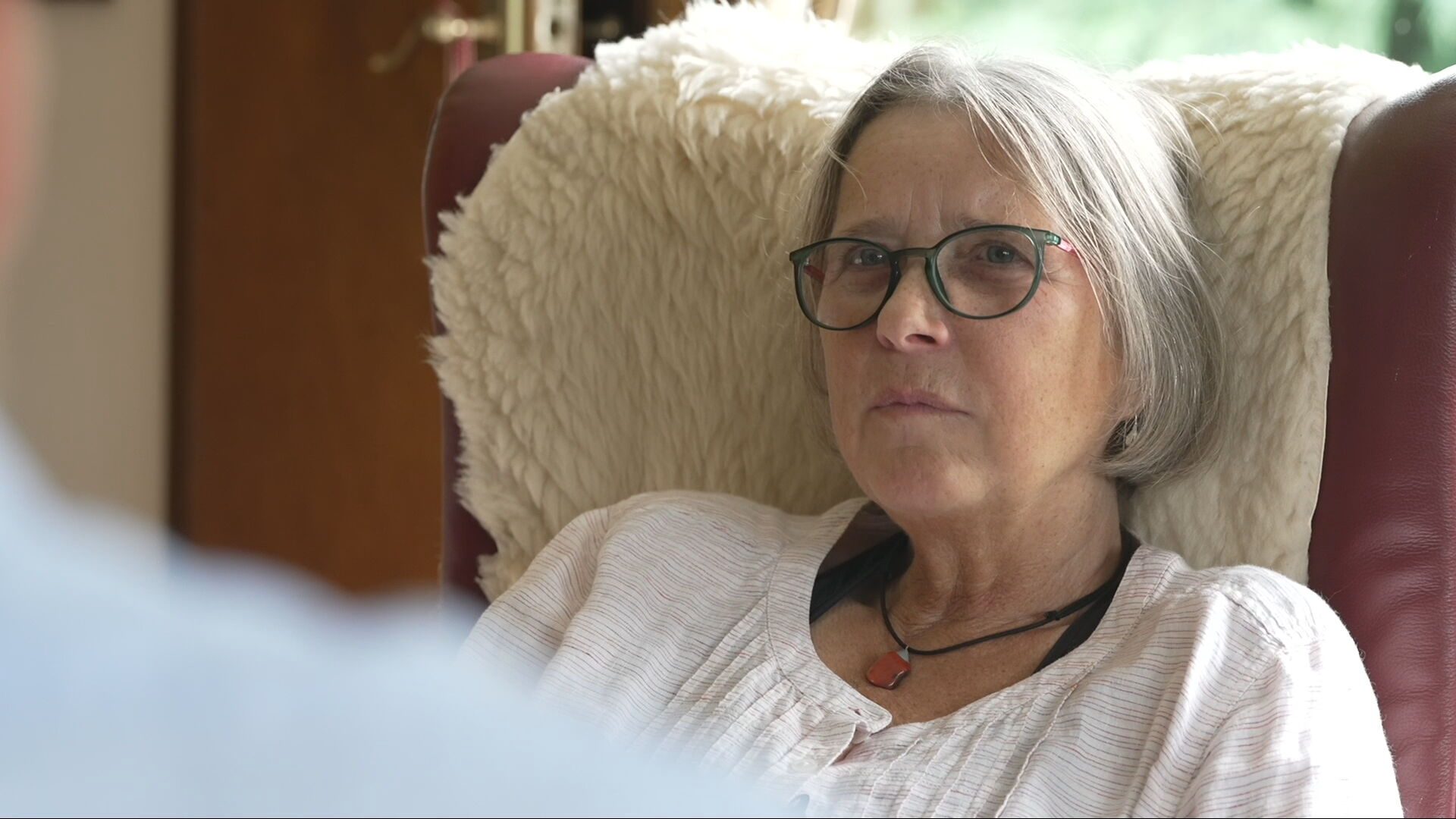Ok I’ve got the 11.30 recording open (no 10.30 press preview as it was Trumps speech instead) - Lucy Beresford (the other one on press preview is Adam Boulton who was a Sky reported and presenter for years and just in last few weeks has started doing this guest spot every so often).
Yes she’s the ‘broadcaster and psychotherapist’ they’ve had quite a bit over the years on the press preview (I’ve never worked out why , not that she’s bad but she wasn’t famous before as far as I’m aware so I can’t name the connection she has that meant she is often on this press preview. )
They did actually include ‘study finds genes that could raise risk of ME’ after the break in this. Presenter did a good read out about ‘scientists have found robust evidence that genes increase someone’s chances of developing M.E., a mysterious and debilitatinv illness that has been dismissed and neglected for decades by many in the medical community’ then ‘I remember it used to be called yuppie flu driven by psychology or driven by laziness some even suggested so this is redemption for those who fought for years suggesting they had ME when they weren’t believed’
Beresford: ‘yes it’s a tricky one you’re right there was some sense in which people assumed that it might be psychological in etio erm orientation , but the original of it is not necessarily changed by this even though they are saying that there might be some genetic code as we know that the etiology of a condition or a disease might have other factors at pleay. You could easily have the gene for something and not then go onto develop the disease and I think what people are very worried about with this particular piece of research is that I’m quite a lot of the people who were part of the study had actually self-reported this condition so they hadn’t necessarily had a formal diagnosis and that just unfortunately kind of dilutes the effect of this research. So what people are talking or calling for is maybe a bigger study maybe a study of people in other countries not just developed countries but less developed countries to kind of of see if you can replicate the results of that.’
So yes , Lucy Beresford definitely for some reason has been primed with misinformation (which might be her own).
Host ‘yes that’s interesting. It’s the university of Edinburgh who suggested that people who present with chronic fatigue syndrome had eight areas of genetic code that are different which is interesting. They also pointed out the condition is believed to affect nearly 67m people worldwide. I know it’s been speculated it could be post viral like long covid for example or but as you suggested maybe they you know continue working to find out more about chronic fatigue syndrome’. And seemed a bit awkward at that point - I don’t know whether because she was taken off guard by her (Lucy’s spiel) or that was something the programme editing agreed with
It was interesting that adam boulton didn’t speak on it as with many of their items both contributors do, but his focus is political commentator so maybe that’s why they let Lucy dominate.
She, Lucy, had been pretty opinionated on other tax stuff too tho earlier on in programme saying things like ‘they don’t understand much about human psychology and how they change their behaviour on things like non dom or company directors that can move abroad, and all youngsters are scared they’ll never get a job because of ‘the job tax’’ her invention to call the NI on employers ‘job tax’ several times in a small segment. So again on that she’s either become more emboldened over the years if speaking her mind (or brought in for it) I don’t know if they are ever given direction in what to say on this particular show.
@Joan Crawford in case this answers any of your perfectly reasonable questions. I’ve never fully known why she was on there over the years, so missed the connection (most others on there are journo of some kind or allied to politics )





